Nigerian dancehall queen Cynthia Morgan, now known as Madrina, has joined the growing chorus of voices calling on President Bola Tinubu to urgently address the crushing economic hardship sweeping across Nigeria, marking a dramatic shift from her earlier support of his subsidy removal policy.
A Star’s Painful Reckoning
In an emotional video message that has gone viral across social media platforms, the “Don’t Break My Heart” hitmaker laid bare the realities facing ordinary Nigerians.
“Are you guys feeling what I’m feeling? I’m not even going to lie, I’m feeling it,” she confessed, her voice tinged with frustration. “It’s quite unfortunate that we might not be able to do much other than plead with the government.”
This stark admission represents a remarkable turnaround for the artist who once publicly applauded Tinubu’s controversial decision to remove fuel subsidies in May 2023.
The Harsh Economic Reality
Morgan backed her plea with startling economic data. The subsidy burden shows $8 billion spent annually on petrol subsidies, consuming 35-40% of Nigeria’s total revenue.
The economic fallout includes a GDP per capita at $860 according to World Bank 2024 figures, inflation at 35.4% as reported by NBS in February 2025, and the Naira trading at 1,520 to the dollar at official rates.
Nigeria faces an energy paradox as Africa’s largest oil producer that imports 100% of refined petrol, with 90% of commodity prices tied to fuel costs.
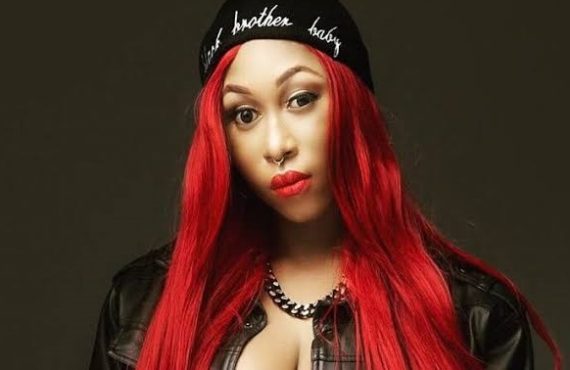
The Subsidy Dilemma: Between Theory and Reality
Morgan articulated the policy’s tragic contradiction.
“I applauded the removal because spending $7 billion on subsidies didn’t make sense… But we don’t have the structures to live without it.”
Her analysis echoes IMF recommendations while acknowledging the human cost. While the theoretical benefit suggests subsidy funds could transform infrastructure, the practical reality shows no safety nets for vulnerable populations.
“100% subsidy removal won’t work. People are hungry. Crime rates are increasing,” she noted, referencing Nigeria’s 41% unemployment rate.
A Controversial Plea
In perhaps her most provocative suggestion, Morgan proposed a “begging challenge” to appeal to the government.
“Let’s do a begging challenge… Let’s beg the government to roll back 50% of the subsidy removal.”
This appeal has sparked debate about the effectiveness of appeals versus protests, citizen responsibility in holding leaders accountable, and whether artists should advocate for radical or conciliatory approaches.
Read Also: Mr Macaroni Rejects Call to Boycott Silent Celebrities, Urges Collective Responsibility
Historical Context of Subsidy Policy
Morgan traced the policy’s roots to the Obasanjo era, criticizing past leaders for implementing subsidies as temporary measures while failing to build refineries or alternative systems, creating a fiscal time bomb now detonating.
Her comments reflect a growing realization that while Tinubu inherited the crisis, his administration owns the consequences.
Celebrity Advocacy in Tough Times
Morgan joins other Nigerian stars voicing economic concerns, including Burna Boy who canceled shows over forex challenges, Mr Macaroni as a regular critic of government policies, and Ini Edo who launched food aid initiatives.
This trend shows artists becoming barometers of public sentiment, bridges between government and grassroots, and reluctant leaders in the absence of political opposition.
Government Response and Public Suffering
Despite promises, the administration has struggled with delayed wage increases, unfulfilled transport palliatives, and stalled refinery projects in Dangote and Lagos.
Morgan’s plea comes as 133 million face multidimensional poverty, petrol hits 890 naira per liter, and electricity tariffs soar by 300%.
A Nation at Breaking Point
Cynthia Morgan’s emotional appeal captures Nigeria’s existential crisis – the painful gap between economic necessity and human survival. Her journey from supporter to supplicant mirrors millions of Nigerians’ experiences.
As she noted with tragic irony: “Maybe we’ve been irresponsible.” But the greater question remains – when will those governing become responsible? With artists now leading economic discourse, Nigeria’s leadership might finally be hearing the music. But will they dance to the right tune before the rhythm of discontent becomes a revolution?






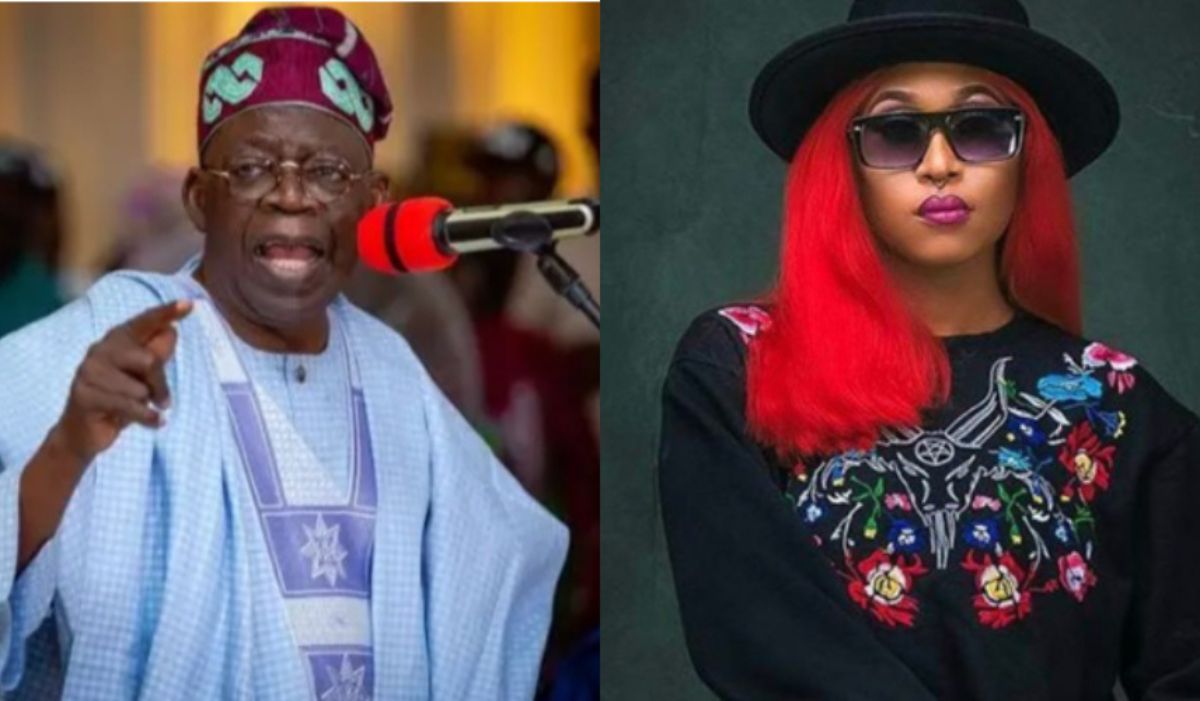
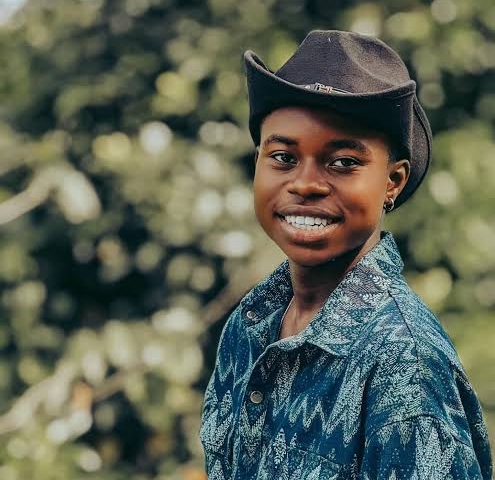




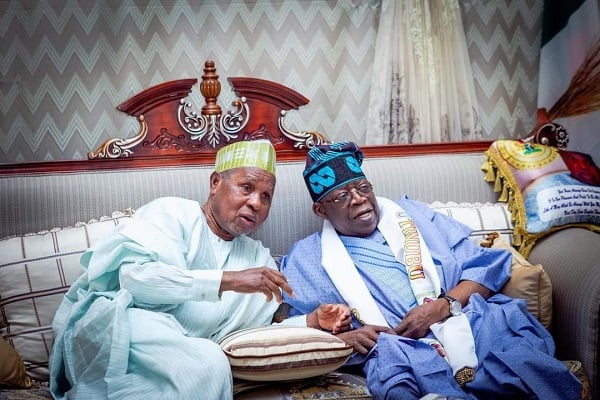
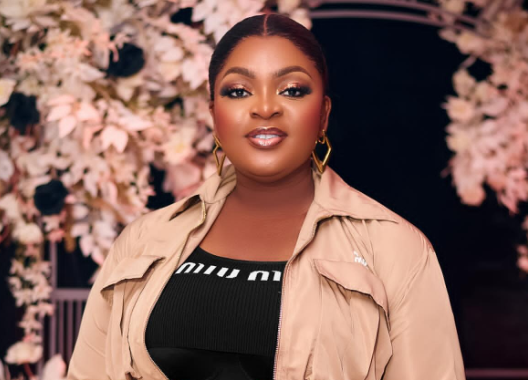
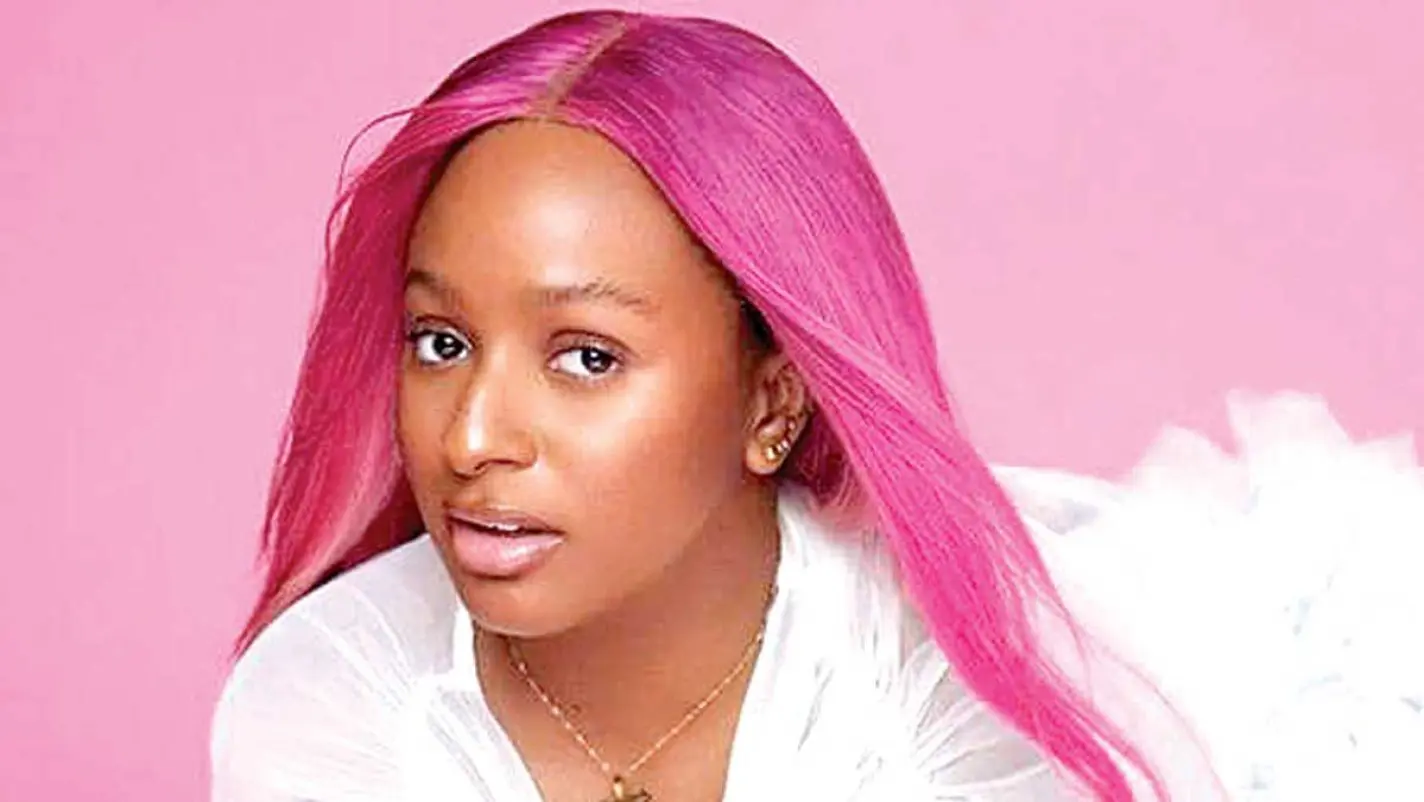

Got a Questions?
Find us on Socials or Contact us and we’ll get back to you as soon as possible.